Monaco prioritises security and tailored support to attract and integrate new residents

The Principality is developing an attractiveness strategy based on a security-identity-quality of life triptych to attract and retain an increasingly diverse resident population.
“We often talk about attractiveness from an economic, financial or even fiscal perspective, but for those who decide to settle and live in Monaco, attractiveness lies elsewhere. It starts with the promise of a life underpinned by security, trust and the stability of the Monegasque State,” said Ludmilla Raconnat Le Goff, introducing the latest JCI Monaco breakfast conference on the subject of attractiveness.
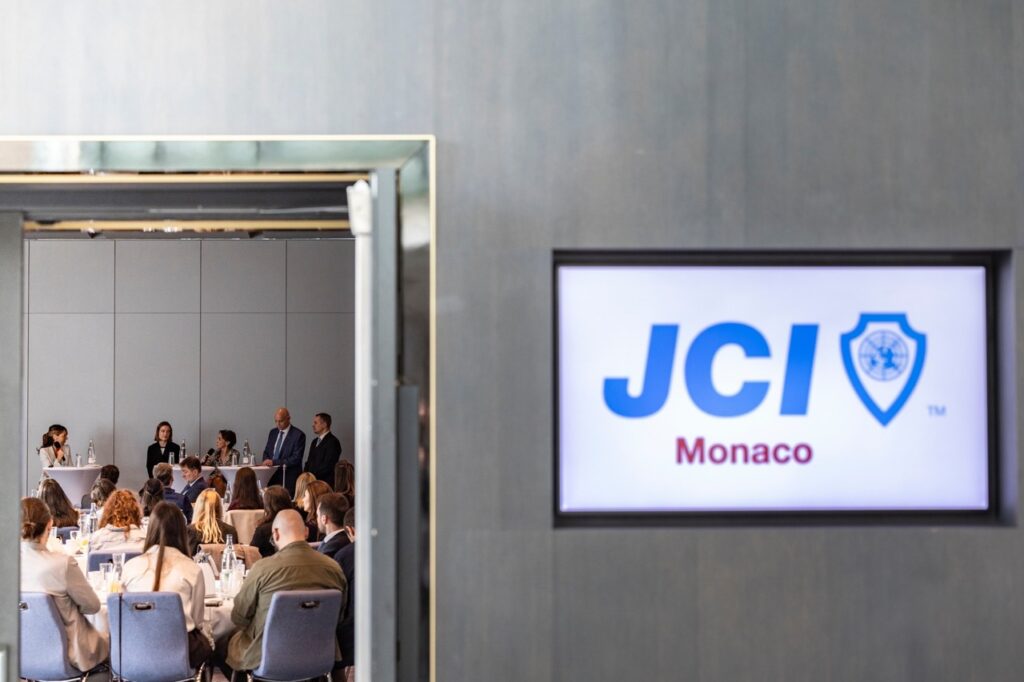
On Tuesday 21 October, the Méridien Beach Plaza welcomed the Minister of State’s delegate for Attractiveness, who outlined a global vision with a three-pronged approach: security, identity and quality of life. This strategic direction responds to the expectations of a new generation of residents who, in her words, “are looking for consistency between their lifestyles, their values, and the environment they live in.”
Attractiveness begins with the promise of a life underpinned on security, trust and the stability of the Monegasque State
The aim is to create a smooth pathway whereby settling into a new home and entering the workplace come together naturally, turning “a new home into a meaningful connection, and a relocation into a life goal.”
Security, a fundamental pillar of attractiveness
At the top of the list of elements that constitute that framework of trust, stability and fulfilment for new residents, is security. “The feeling of insecurity that can be found elsewhere, with daily anti-social behaviour, gratuitous and excessive violence, hatred of the police – none of that exists in Monaco,” stressed Éric Arella, Director of the Sûreté Publique (Police Department), with figures to back him up. In 2024, Monaco recorded just 888 criminal acts, over 50% of which were solved, two armed robberies and just 17 burglaries over the year.
2025-2026 judicial year: increased litigation, creation of a reserve, rule of law
According to Éric Arella, the excellent figures are achieved thanks to the considerable resources deployed: 620 active and administrative staff, a network of almost 1,300 cameras and around 25,000 administrative investigations annually – through the prior authorisation system – to maintain public order, security and morality, as well as to guarantee the competence and probity of people who are authorised to work or settle in the Principality.
Hatred of the police does not exist in Monaco
It’s a delicate balance between openness and vigilance that enables the Principality to be home to 132 different nationalities while maintaining its unique atmosphere where, according to the Director of Public Safety, gratuitous violence and feelings of insecurity have no place.
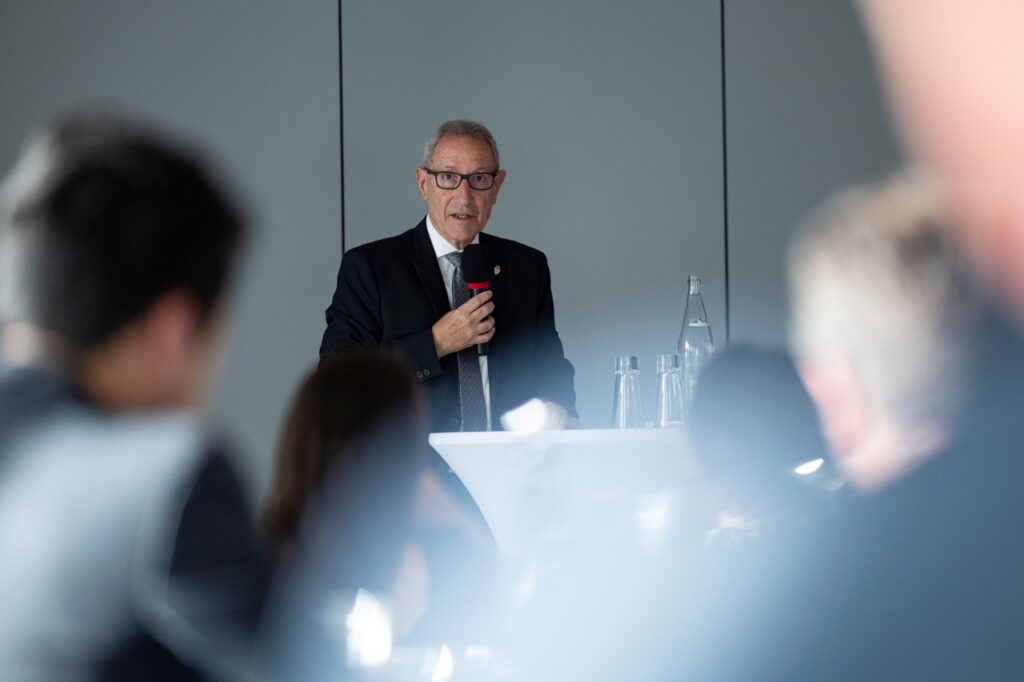
Welcoming new residents: obtaining a residence permit
The Attractiveness Unit, which acts as a gateway for would-be residents, deals with almost 2,800 enquiries per year, “65% of which are for residence permits,” explained Chloé Boscagli, who oversees that delicate task, stressing the importance of creating realistic expectations right from the first contact. It’s not about selling the dream, but rather about being transparent while supporting the applicant through each step of the journey.
Monaco Private Label evolving to enhance Monaco’s attractiveness
Residence permits, essential for any dealings in the Principality, are a key focus. Frédéric Soldano, Police Captain in the Residents’ section of the Administrative Police Division, put it clearly: without the document, you can’t open a bank account, get a driving licence or enrol your children at school. “The highly secure permit is in a credit card format, and now includes a digital identity that gives access to the government’s online services,” he said.
- 1,300 applications for an initial residence permit per year (average over the last three years)
- 15 applications for an initial residence permit rejected per year (average over the last three years)
- 6,000 residence permits renewed per year (average over the last three years)
The administration is adapting to the newcomers’ linguistic diversity, so as to make the process smoother. Rémy Le Juste, Divisional Police Commissioner and head of the administrative police division, gave details on these efforts: “We have a prerequisite that our employees master at least one modern language, such as English.” The section now includes Spanish-, Italian-, Arabic- and Russian-speaking staff, covering a large proportion of the requirements.
Administrative red tape often called into question
A Monegasque particularity requires applications to go through the French consular authorities, which automatically lengthens the process. In addition, in-depth checks are carried out via Interpol files and open source analysis. Rémy Le Juste defends the thoroughness of the process, while recognising the need to keep timescales as short as possible.
Significant advances are already making the process smoother, with digital services for initial applications, online renewals and automatic alerts three months before permits expire. But points of friction remain. This is evidenced by a question put to the head of the Administrative Police Division about digital identities being suspended when residence permits expire, as this temporarily blocks access to dematerialised services.
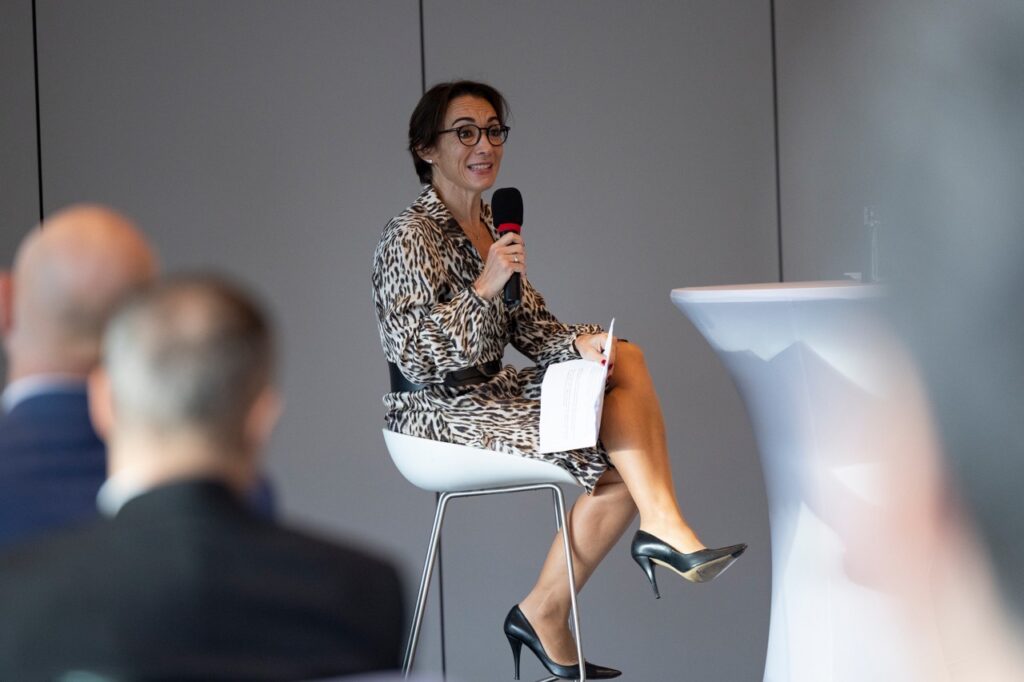
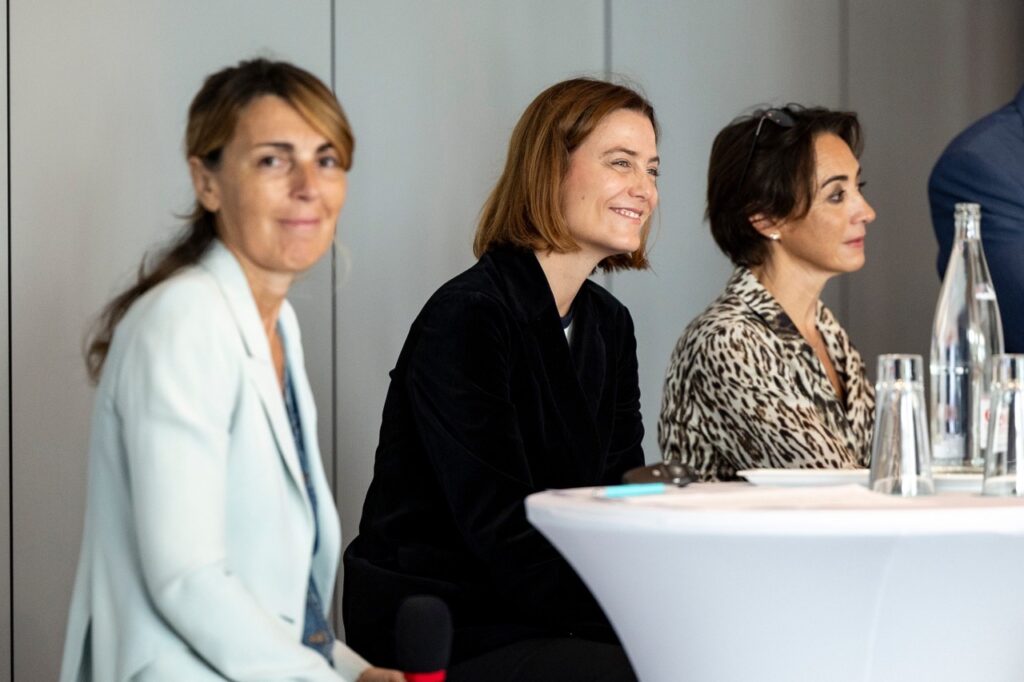
Building a sustainable and inclusive community
However, integration challenges go far beyond the administrative aspect. Chloé Boscagli believes support from local organisations is essential to welcome new residents: “The Club des Résidents Étrangers (CREM) is open to anyone who moves to the Principality, whatever their origin or language.” Information sessions in English introduce newcomers to Monegasque social norms and values, and attendance is rising: 60 people in 2025 compared to 40 the previous year, according to the head of the Attractiveness Unit.
However, the issue of civic participation in local life remains a delicate one due to the fact that three nationalities (Monegasque, French and Italian) are equally represented. Georges Marsan, Mayor of Monaco, also attended the breakfast, and confirmed that it is unconstitutional to allow residents to vote in elections. However, other bodies such as the Conseil Économique, Social et Environnemental (CESE – Economic, Social and Environmental Council ) provide opportunities to express themselves and contribute to public life.
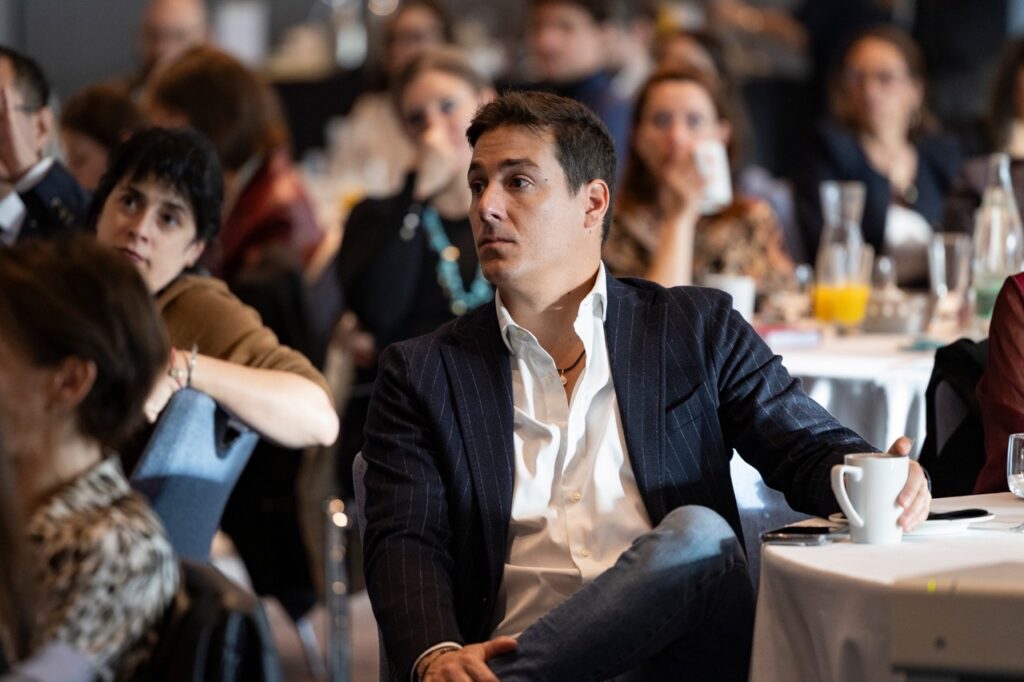
In response to a question from a participant at the JCI Monaco Conference, Ludmilla Raconnat Le Goff spoke about international prospecting. The Secretary General of the Conseil Stratégique pour l’Attractivité first paid tribute to the work of ambassadors abroad, who initiate moves to the Principality. Following on from Brexit in particular, the British moved up to third place (11%) among applicants for an initial residence permit in 2024, behind France (22%) and Italy (21%).
“I’d like to renew the prospecting missions by country as of next year. We’re going to be working on this over the coming weeks, to be in a position to go abroad and promote Monaco as a country,” announced Ludmilla Raconnat Le Goff. The aim is to ensure that “the story told by Monaco remains unchanged: a country where people live peacefully, a country where they feel welcome and a country where they share the same demands for solidarity, respect and trust.” It’s an ambitious challenge in a world where security and stability are becoming increasingly sought-after commodities.







